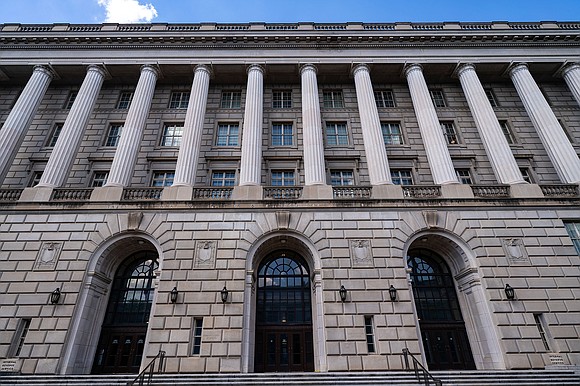IRS says many 2022 special state payments are not subject to federal tax
CNN/Stylemagazine.com Newswire | 2/13/2023, 3:46 p.m.

Originally Published: 13 FEB 23 10:37 ET
By Jeanne Sahadi, CNN
(CNN) -- The Internal Revenue Service has good news for millions of taxpayers in 17 states who received a one-time special state payment last year to offset inflation and other negative economic impacts: Those payments won't be subject to federal income tax.
"The IRS determined it will not challenge the taxability of payments related to general welfare and disaster relief," the agency said in a statement Friday evening.
That means people in California, Colorado, Connecticut, Delaware, Florida, Hawaii, Idaho, Illinois, Indiana, Maine, New Jersey, New Mexico, New York, Oregon, Pennsylvania and Rhode Island "do not need to report these state payments on their 2022 tax return," the IRS said.
Alaska's energy relief payment will not be taxed, but the IRS notes that — as has been the case in prior years — its annual payment to residents of the state's Permanent Fund Dividend, which is drawn largely from oil revenue, is still subject to federal income tax.
Prior to the conclusion of its review of state special payments, the agency had suggested recipients hold off on filing their 2022 returns until it made its determination.
The IRS decision regarding the federal taxability of special state payments for residents of other states is a little more nuanced.
Residents of Georgia, Massachusetts, South Carolina and Virginia will not owe federal income tax on their special state payments as long as those payments were a refund of state taxes they paid and for which they "claimed the standard deduction or itemized their deductions but did not receive a tax benefit (for example, because the $10,000 tax deduction limit applied)."
For example, say you got a $500 special state tax refund last year on the basis of the $12,000 you paid in state income and property taxes for 2021. On your 2021 federal tax return, you either claimed the standard deduction, or you itemized. If you itemized, you weren't able to claim more than $10,000 anyway because of the cap placed on state and local tax deductions (aka the SALT cap). In both instances the $500 special state refund you got would not offer you an additional benefit on top of the ones you already received on your 2021 federal return.
"Tax prep software should be asking the filer questions to get at the right answer," said Annette Nellen, a California-based CPA and tax professor at San Jose State University.
Also worth noting: Many states likely capped how much of a special payment a filer could receive — in Illinois, for example, homeowners could receive a property tax rebate of up to $300, said Tom O'Saben, an enrolled agent and director of tax content for the National Association of Tax Professionals. So the amounts that potentially are subject to federal income tax may not be large.




